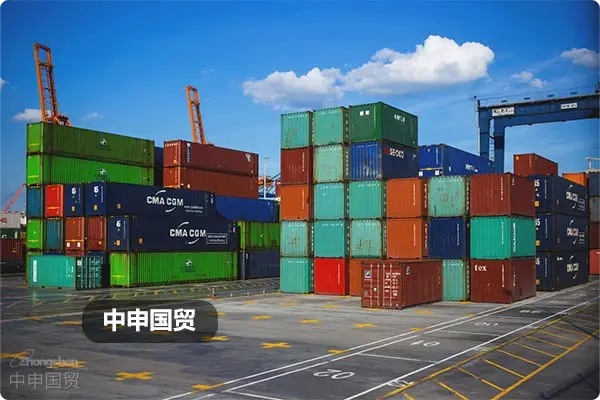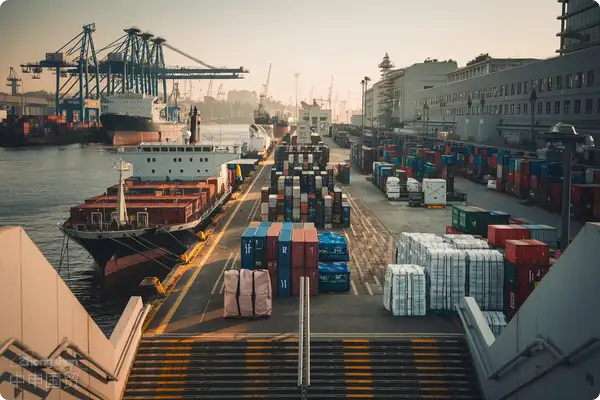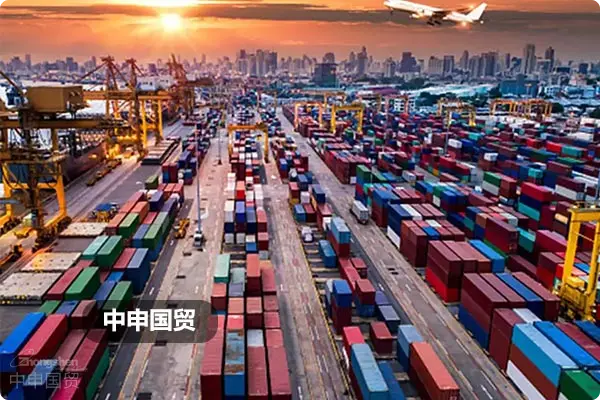- Shanghai Zhongshen International Trade Co., Ltd. - Two decades of trade agency expertise.
- Service Hotline: 139 1787 2118
In international trade, understanding and complying withimport and exportGoods declaration time limit requirements is crucial. These requirements not only affect the smooth customs clearance of goods but also involve customs compliance and potential cost issues. This article aims to provide a comprehensive guide for enterprises and individuals engaged in international trade, helping them understand the basic requirements of declaration time limits, the time limit requirements for special declaration modes, and the considerations for special goods declarations.
Basic declaration time limit requirements
For imported goods, the consignee or entrusted customs broker must declare to customs within 14 days from the date the means of transport declares entry. For import transit goods, the same time limit applies for completing transit procedures at the entry customs, while declaration at the destination customs must be completed within 14 days from the date the goods arrive at the destination. For export goods, the shipper or entrusted customs broker must complete declaration within 24 hours after the goods arrive at the customs control zone and before loading.

Time limit requirements for special declaration modes
Advance declaration: With customs approval, relevant parties may complete customs procedures in advance after obtaining the bill of lading (waybill) or cargo manifest. This is typically done within 3 days before imported goods arrive at port after departure or before export goods enter the customs control area.
Bulk declaration: Applicable to specific types of goods such as time-sensitive publications, hazardous materials, perishable goods, etc. Under this mode, declaration can be completed within one month from the date the transport vehicle carrying the goods declares entry.
Two-step declaration: Under this mode, enterprises can declare in two steps: summary declaration and complete declaration. Both steps must be completed within 14 days from the date the means of transport declares entry.
Precautions for special goods declaration
Free replacement goods: Goods compensated or replaced free of charge by shippers, carriers or insurance companies due to damage or shortage must be declared to customs within 3 years from the original import/export date.
Leased import goods: For one-time rental payments, the taxpayer must complete tax procedures during import declaration. For installment payments, declaration must be made to customs by the 15th day after each payment.
Export returned goods: If export goods are returned and re-imported within one year due to quality or specification issues, relevant documents and certificates must be submitted as required.
Damaged or lost goods: If goods are damaged or lost before customs release, the taxpayer must explain the situation to customs during declaration or within 15 days after release, providing supporting evidence.
Duty-free goods: Taxpayers of import/export duty-free goods must complete review and confirmation procedures with customs before import/export, complying with specific supervision period requirements.
Royalty payments: If involving royalty payments, declaration must be made to customs within 30 days after each payment.
Consequences of overdue undeclared goods
If goods are not declared beyond the specified time limit, customs will collect late declaration fees according to the PRC Customs Import Goods Late Declaration Fee Collection Measures. This serves as an important reminder to all import/export enterprises: compliance with declaration time limits is not only a legal requirement but also affects economic interests.
Understanding import/export goods declaration time limits is crucial for ensuring smooth international trade. Whether for ordinary or special goods, accurate and timely declaration is fundamental to complying with international trade rules. Enterprises and individuals must fully understand various declaration mode details and special goods requirements to avoid unnecessary risks and costs. Only then can they ensure smooth international trade operations while maintaining good compliance records.
Related Recommendations
Knowledge Base
Contact Us
Email: service@sh-zhongshen.com
Related Recommendations
Contact via WeChat

? 2025. All Rights Reserved. 滬ICP備2023007705號(hào)-2  PSB Record: Shanghai No.31011502009912
PSB Record: Shanghai No.31011502009912









